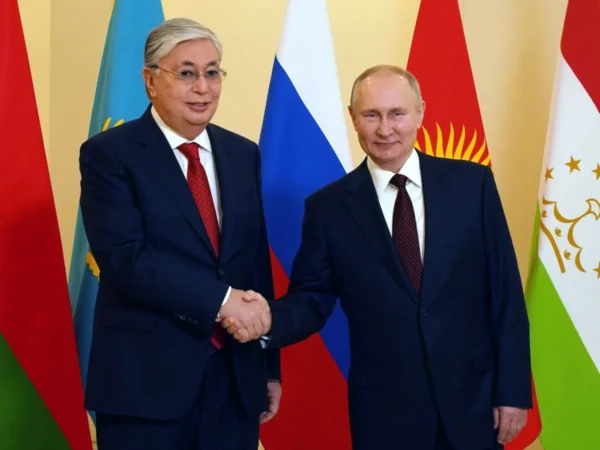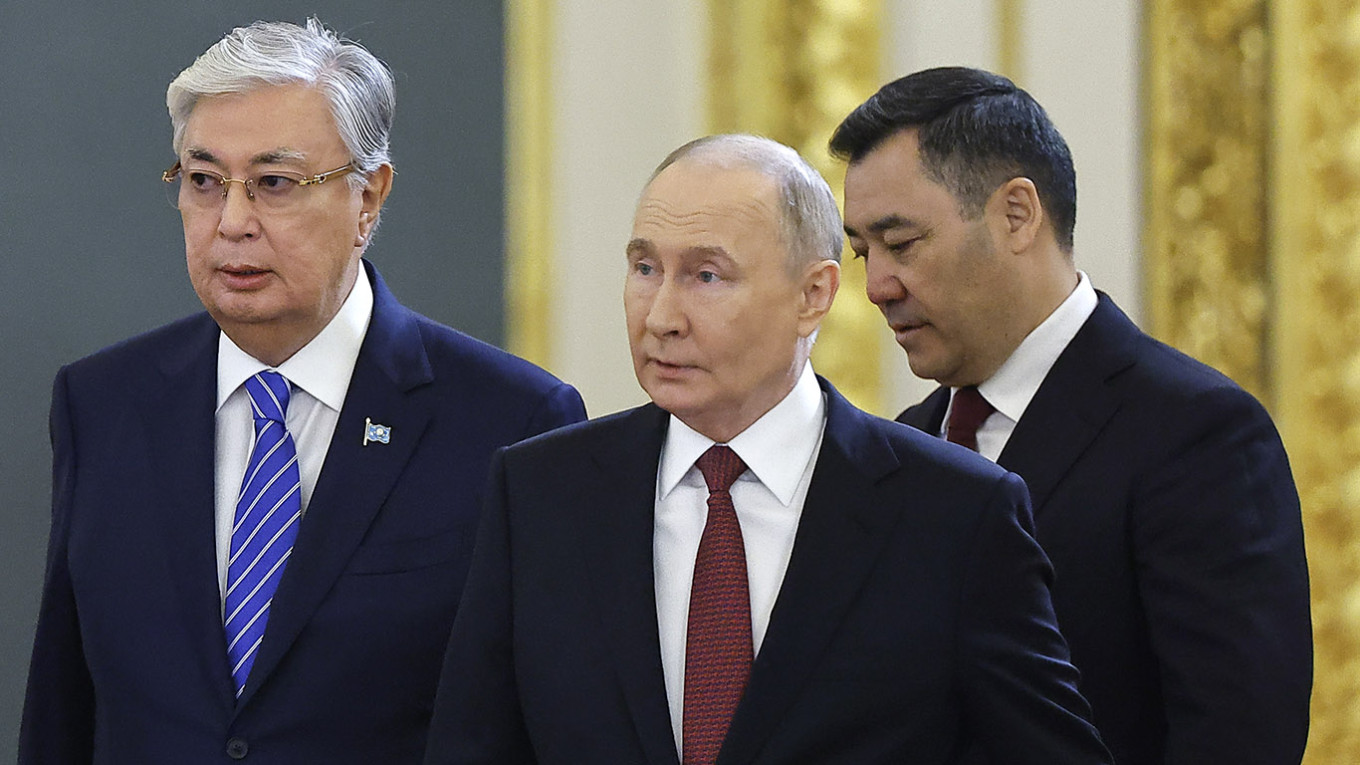Russia is calling on Central Asian neighbors to strengthen trade ties, build deeper economic cooperation, and shape a shared future.

🤝 A Strong Push for Regional Unity
Russia has called on its Central Asian neighbors to expand trade and deepen their economic bonds. This message reflects Moscow’s vision for a stronger and more connected regional market. The idea is simple—when neighbors work together, everyone benefits.
Economic cooperation between countries is not just about numbers. It’s about shared opportunities, mutual trust, and long-term stability. We’ve seen how collaboration can reshape regions, just like when nations unite, they build foundations for lasting growth.
🌍 Central Asia’s Strategic Role
Central Asia plays a unique role in global trade. The region lies at the crossroads of Europe and Asia. It connects markets, cultures, and industries through its trade routes and resources.
Countries like Kazakhstan, Uzbekistan, Kyrgyzstan, Tajikistan, and Turkmenistan hold great potential. They are rich in natural resources, and their location makes them a natural bridge between East and West. Strengthening trade in this region could open new doors for investment, development, and cooperation.
Understanding how these trade shifts affect the world economy is crucial. You can explore more on global market trends to see how such changes ripple across nations.
📈 Adapting to a Changing Economic Landscape
The global trade environment is evolving quickly. Economic sanctions, shifting alliances, and rapid technological changes are rewriting the rules of business. For Russia, building closer trade relations with its neighbors is both practical and strategic.
By focusing on nearby markets, Russia and Central Asian countries can create supply chains that are more resilient to global disruptions. This approach allows countries to depend less on distant economies and more on trusted regional partners.
For more updates and in-depth global business reports, you can visit www.america112.com and follow developments shaping international trade.
💬 Shared Opportunities for Growth
Central Asian nations have responded positively to Russia’s call. Leaders have expressed interest in working together on key sectors such as transportation, energy, agriculture, and manufacturing. There are growing discussions about modernizing infrastructure, improving border processes, and supporting small businesses.
For many local entrepreneurs, easier trade means access to new markets. It means growth for small and medium enterprises that form the backbone of regional economies. It’s not just about large deals between governments—real benefits reach everyday people.
🚛 Building Better Trade Routes
One of the key points in the discussions is improving connectivity. Many trade routes in Central Asia date back to ancient times, including parts of the famous Silk Road. Modernizing these routes with better roads, railways, and logistics hubs can make trade faster and more efficient.
Stronger trade corridors will help goods move smoothly between Russia and Central Asia. They will also connect the region more deeply with Europe, China, and the Middle East. This connectivity can spark new economic activity in cities and towns along the routes.
🛡️ Resilience in Uncertain Times
In today’s unpredictable world, regional cooperation offers a layer of economic protection. Countries face global shocks—whether from political tensions, pandemics, or market fluctuations. Strong trade networks between neighbors can help soften these blows.
By relying more on each other, Russia and Central Asian countries can reduce vulnerabilities and create sustainable growth models. This isn’t just a short-term strategy; it’s a vision for long-term stability.
✨ A Shared Vision for the Future
Russia and Central Asia share deep historical and cultural ties. Trade has always been a part of this relationship. By focusing on economic cooperation now, both sides aim to build a more stable and prosperous future.
Better trade means more jobs, improved infrastructure, and a stronger sense of regional identity. It’s not just a political move—it’s about improving lives and creating opportunities for future generations.
🌟 Conclusion
Russia’s call to its Central Asian neighbors is more than just a trade proposal. It’s a message of cooperation, resilience, and shared growth. By working together, these nations can shape a stronger regional economy and set an example for other parts of the world.
As global markets continue to shift, regional partnerships like these will become even more important. They represent a path toward stability, trust, and progress in uncertain times.

